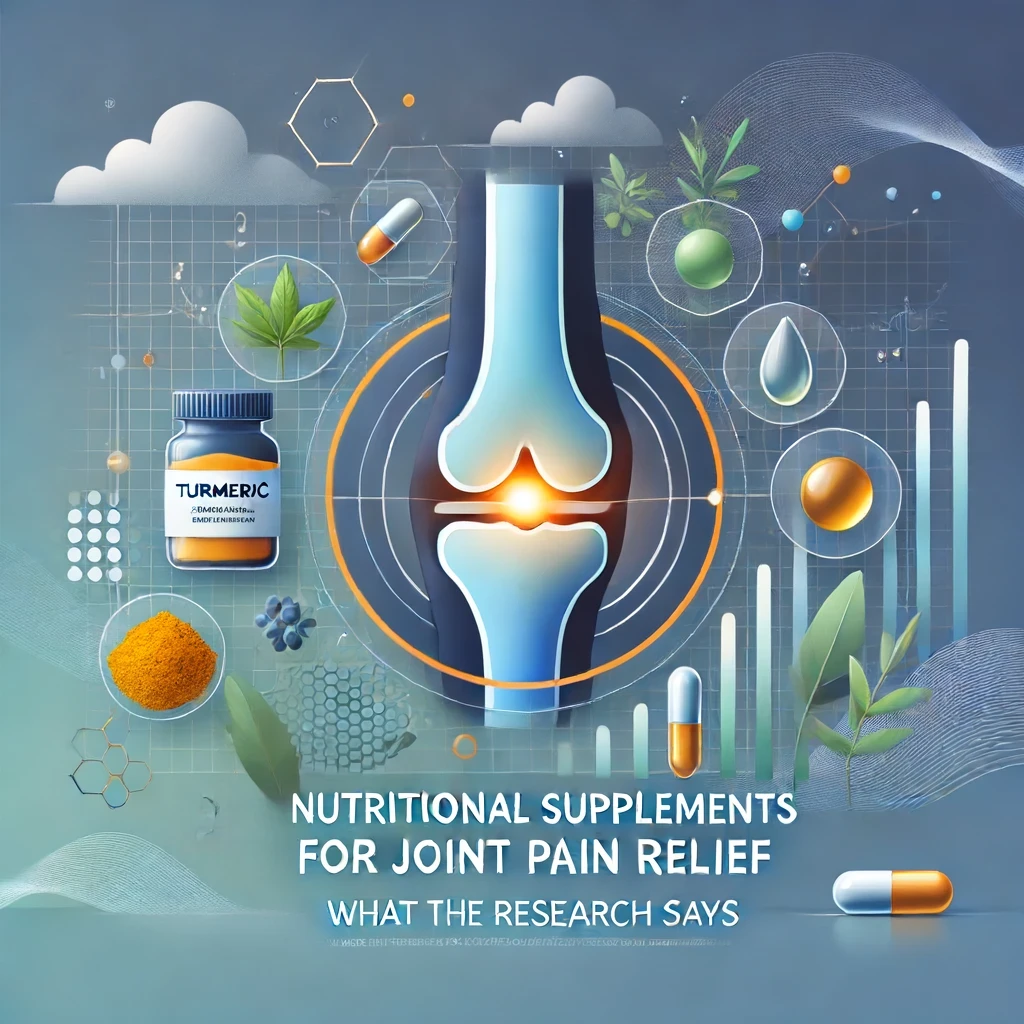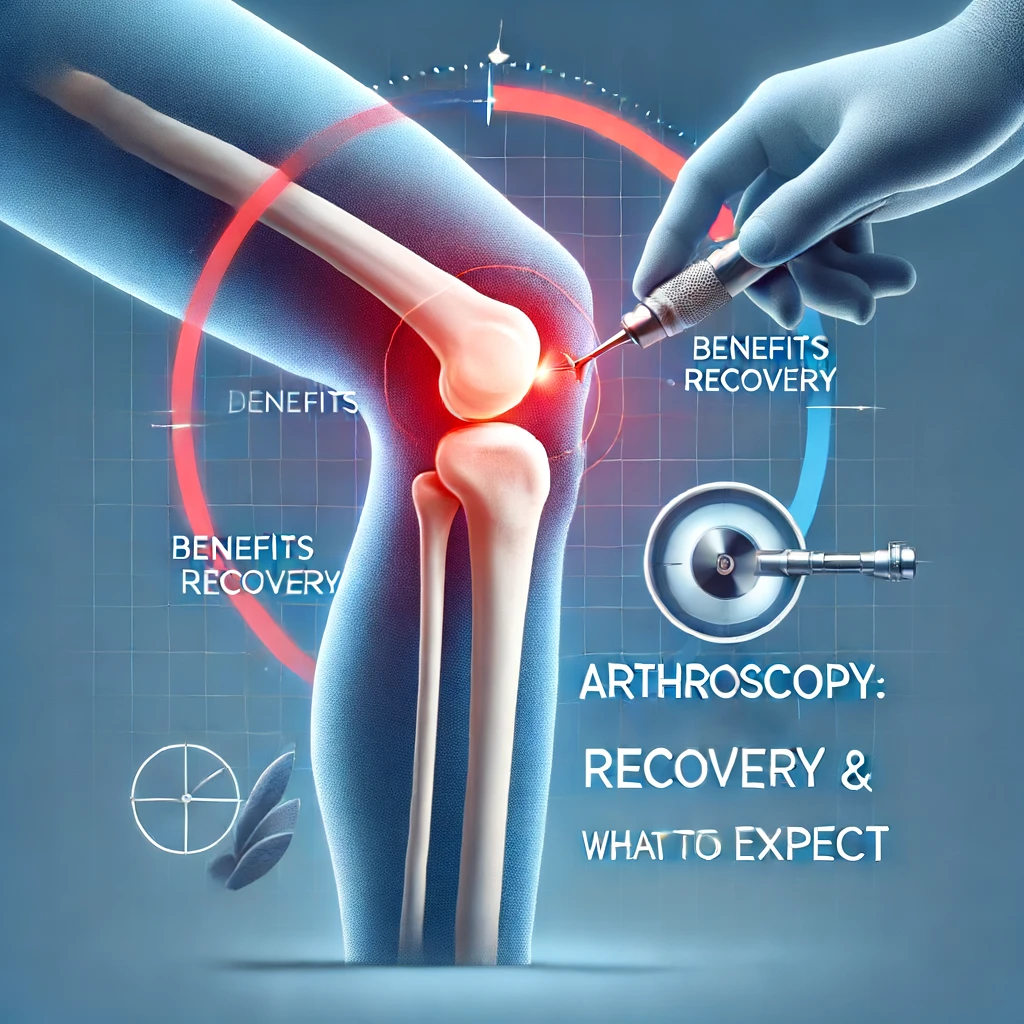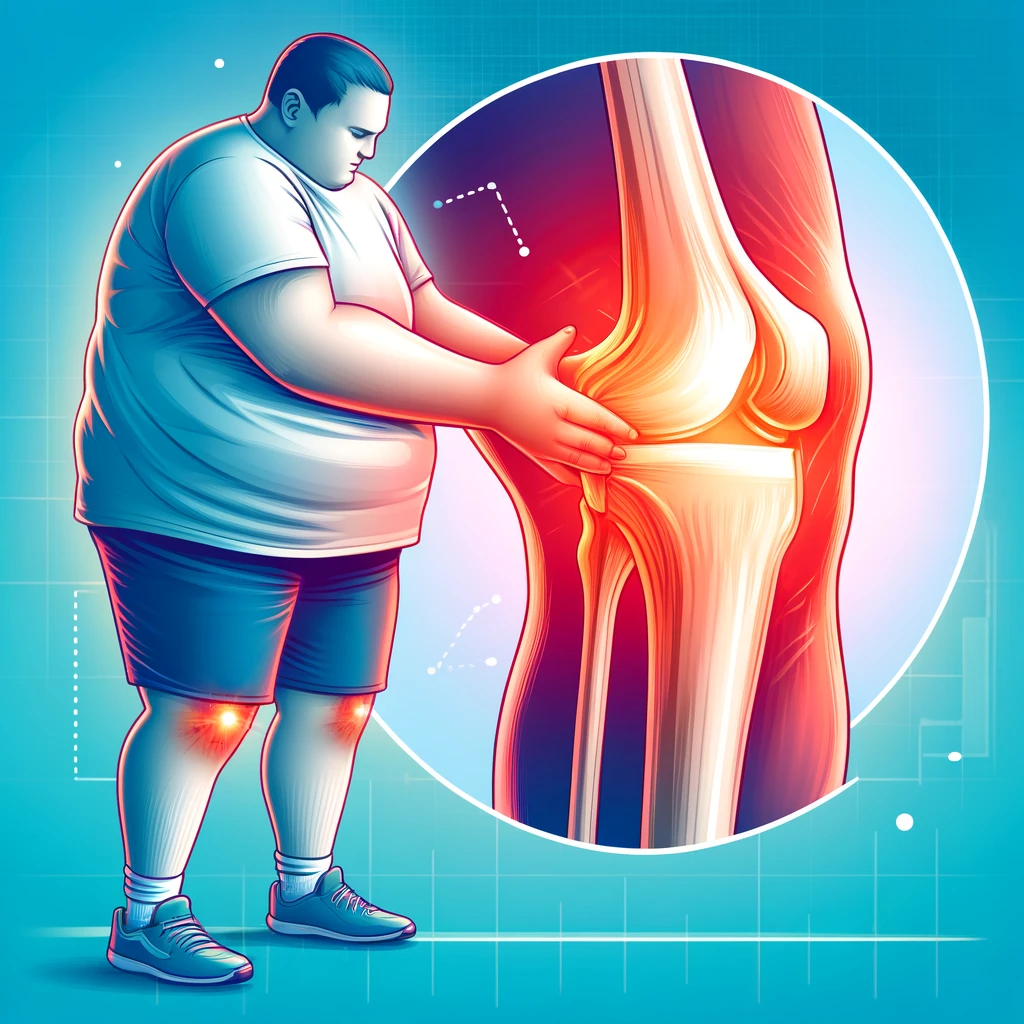
Table of Contents
Joint pain is more than just an inconvenience; it can significantly impact daily life, reducing mobility and diminishing the quality of life. With the rising interest in holistic health approaches, nutritional supplements have gained popularity as potential solutions for joint pain relief. But do these supplements actually work? Let’s delve into what the research says about the effectiveness of various nutritional supplements for joint pain.
Understanding Joint Pain
Joint pain can stem from various causes, including injury, inflammation and degenerative conditions like arthritis. Conditions such as osteoarthritis, rheumatoid arthritis and gout are common culprits, leading to stiffness, swelling and chronic pain. Understanding the root cause of joint pain is essential for choosing the appropriate treatment or supplement.
Overview of Nutritional Supplements
Nutritional supplements encompass a broad range of products intended to enhance health and alleviate specific symptoms. For joint pain, these supplements often aim to reduce inflammation, improve joint lubrication, or support cartilage repair. Their effectiveness can vary based on the individual’s health status, the severity of the joint condition and the quality of the supplement.
Glucosamine
What is Glucosamine?
Glucosamine is a natural compound found in cartilage, the tissue that cushions joints. It is commonly used in supplement form to help manage joint pain and osteoarthritis.
Scientific Evidence and Benefits
Studies have shown that glucosamine can help reduce pain and improve joint function in individuals with osteoarthritis. A review of clinical trials indicated that glucosamine sulfate is particularly effective in reducing moderate to severe knee pain .
Recommended Dosage and Usage
The typical dosage ranges from 1,500 mg to 2,000 mg per day, often divided into three doses. It’s best taken with meals to enhance absorption.
Chondroitin
What is Chondroitin?
Chondroitin sulfate is a chemical found in human and animal cartilage. It is often combined with glucosamine in supplements aimed at supporting joint health.
Scientific Evidence and Benefits
Research suggests that chondroitin can reduce pain and improve mobility in osteoarthritis patients. It works by maintaining cartilage structure and slowing its degradation .
Recommended Dosage and Usage
The standard dose is 800 to 1,200 mg per day. Like glucosamine, it’s often taken in divided doses throughout the day.
Omega-3 Fatty Acids
What are Omega-3 Fatty Acids?
Omega-3 fatty acids are essential fats found in fish oil and flaxseed oil. They are known for their anti-inflammatory properties.
Scientific Evidence and Benefits
Several studies have indicated that omega-3 supplements can reduce symptoms of arthritis and improve joint function by decreasing inflammation .
Recommended Dosage and Usage
A common dose is 1,000 to 3,000 mg of combined EPA and DHA per day. Fish oil supplements are usually taken with meals to minimize gastrointestinal side effects.
Turmeric and Curcumin
What is Turmeric?
Turmeric is a spice derived from the Curcuma longa plant, widely known for its anti-inflammatory properties.
Role of Curcumin in Joint Pain Relief
Curcumin, the active ingredient in turmeric, has been shown to reduce inflammation and alleviate pain in arthritis patients.
Scientific Evidence and Benefits
A meta-analysis found that curcumin supplements significantly reduce joint pain and improve mobility in osteoarthritis and rheumatoid arthritis .
Recommended Dosage and Usage
The effective dose ranges from 500 to 2,000 mg of curcumin per day. It’s often taken with black pepper or fat to enhance absorption.
Boswellia Serrata
What is Boswellia Serrata?
Boswellia, also known as Indian frankincense, is a resin extracted from the Boswellia tree. It has been used for centuries in traditional medicine.
Scientific Evidence and Benefits
Research indicates that Boswellia can reduce inflammation and pain in joints, potentially providing benefits comparable to non-steroidal anti-inflammatory drugs (NSAIDs) .
Recommended Dosage and Usage
The standard dose is 300 to 500 mg of Boswellia extract taken up to three times a day.
MSM (Methylsulfonylmethane)
What is MSM?
MSM is an organic sulfur compound used as a dietary supplement for its anti-inflammatory properties.
Scientific Evidence and Benefits
Studies have shown that MSM can help reduce pain and improve physical function in people with osteoarthritis .
Recommended Dosage and Usage
A typical dose is 1,500 to 6,000 mg per day, often divided into two or three doses.
Collagen
What is Collagen?
Collagen is a protein that plays a crucial role in maintaining the structural integrity of various tissues, including joints.
Scientific Evidence and Benefits
Supplementing with collagen has been shown to reduce joint pain in athletes and improve symptoms in individuals with osteoarthritis .
Recommended Dosage and Usage
Hydrolyzed collagen is usually taken in doses ranging from 2.5 to 15 grams per day.
Vitamin D
Importance of Vitamin D in Joint Health
Vitamin D is essential for bone health and may also play a role in reducing inflammation.
Scientific Evidence and Benefits
Research suggests that adequate vitamin D levels can help maintain joint function and reduce the risk of developing arthritis .
Recommended Dosage and Usage
Daily doses of 600 to 800 IU are typically recommended, but higher doses may be needed in individuals with deficiency.
SAM-e (S-adenosylmethionine)
What is SAM-e?
SAM-e is a compound that plays a role in the synthesis of neurotransmitters and has anti-inflammatory effects.
Scientific Evidence and Benefits
Studies have shown that SAM-e can help reduce pain and improve joint function, comparable to NSAIDs .
Recommended Dosage and Usage
The usual dose ranges from 400 to 1,200 mg per day, divided into two or three doses.
Herbal Supplements
Overview of Common Herbal Supplements for Joint Pain
Herbal supplements such as ginger, green tea, and willow bark have been used for centuries to manage pain and inflammation.
Scientific Evidence and Benefits
While scientific evidence varies, many herbal supplements offer anti-inflammatory benefits that can help manage joint pain .
Recommended Dosage and Usage
Dosages vary widely depending on the herb and its preparation. It’s important to follow product-specific recommendations.
Comparative Analysis
Effectiveness of Different Supplements
Comparing the effectiveness of various supplements can be challenging due to differences in study designs and populations. However, glucosamine, chondroitin, omega-3s, and curcumin are among the most supported by research for their joint pain relief benefits.
Safety Considerations
While many supplements are generally safe, potential side effects and interactions with medications should be considered. Consulting a healthcare provider before starting any new supplement regimen is advisable.
Conclusion
Nutritional supplements can offer promising benefits for joint pain relief, especially when used alongside other treatments. Supplements like glucosamine, chondroitin, omega-3 fatty acids, and curcumin have substantial scientific backing, while others show varying degrees of efficacy. Always consult with a healthcare professional to tailor supplement use to your specific needs and conditions.
FAQs
Can supplements replace traditional medications for joint pain?
Supplements can complement traditional treatments but should not replace prescribed medications without medical advice.
How long do supplements take to show results?
It varies, but many supplements may take several weeks to a few months to show noticeable effects.
Are there any side effects of taking these supplements?
Some supplements may cause side effects such as gastrointestinal discomfort or allergic reactions. It’s best to start with lower doses and monitor your response.
Can I take multiple supplements together?
Yes, but it’s important to consider potential interactions and consult with a healthcare provider to ensure safety.
How should I choose the right supplement for my joint pain?
Consider the underlying cause of your joint pain, consult with a healthcare professional, and review scientific evidence for each supplement.



